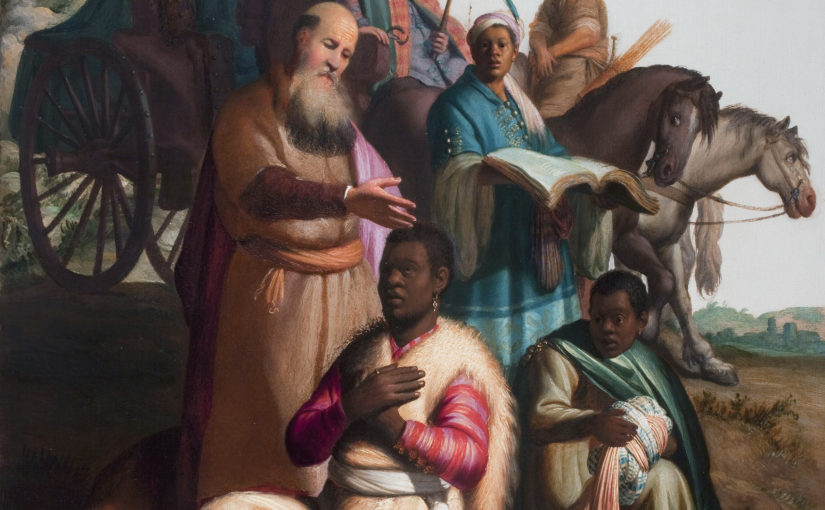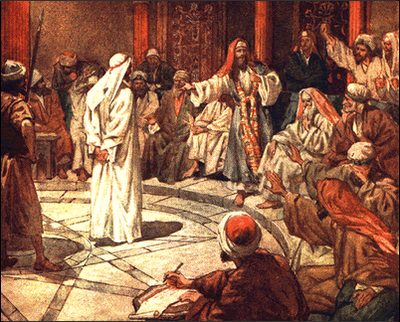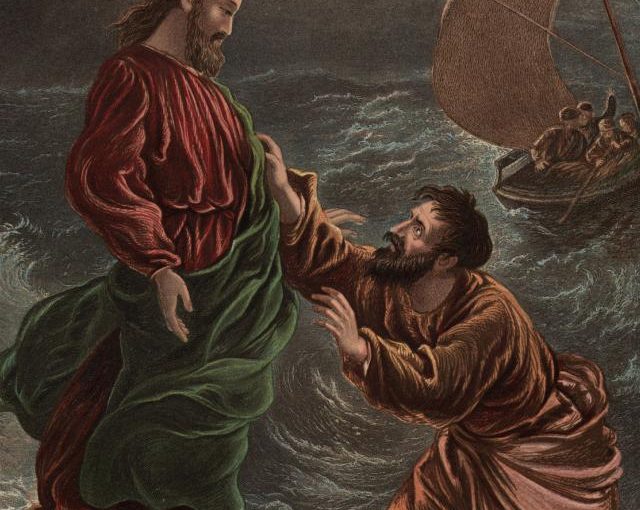There are moments in each of our lives that we can remember almost every detail of. Some of these moments are full of tragedy, and some are full of happiness. One moment I think everyone can remember is the moment they gave their life to Jesus.
I was sitting in my small town church and it was nearing the end of our week of vacation bible school. I was 9 years old and remember sitting in the sanctuary with all the other kids, right next to me was my younger brother and my cousin. As we were listening to the pastor talk, he started to ask if anyone wanted to accept Jesus as his or her Lord and Savior. I was hesitant at first but eventually decided to go up to the front as long as my brother and cousin came with me. All three of us headed up and asked Jesus to be our Lord and Savior. It was a simple prayer but I remember distinctly feeling different after it. After the service, we grabbed Dad’s phone and started calling everyone we knew to let them know that we accepted Jesus!
I remember that story in such great detail, and if you asked me to pull out another memory of when I was 9, I truly don’t think I would be able to do that. My conversion story had so much meaning to me that it stuck with me.
Acts 9 talks about one of the best conversion stories we have come to know. Saul was not the nicest guy around, he was a guy that really enjoyed power and had a deep passion for destroying the Church and the people of the church. As he was headed to Damascus, he was blinded and spoken to by God. I don’t know about you but if God’s first words to me were “ Saul, why are you persecuting me?” I would be a little afraid.
Saul was on his way to persecute more Christians and on that path to Damascus, his whole life changed in one moment. That is how it feels to truly meet God. The reason I titled this as one of the best conversion stories is because God took one of the worst of us and showed him the light. God showed Paul that he was fighting the wrong battle and in that moment God showed Paul an unimaginable amount grace that we can’t comprehend.
Think of this as someone that really dislikes you or even hates you. Someone that seems to have it out for you and does everything in their power to make fun of you, call you names, physically harm you, and even try to kill you. This person has done this to all of your friends and you are sick of it. Instead of reacting with anger and frustration, you react with love. Loving our enemies is one of the hardest things to do but I think God gave us a great example of how to show grace and love our enemies with this story.
Remember that there will always be Saul’s out there in our world, but we need to make sure that people know that Jesus is there too. Take today and reflect on that. Reflect on your story and try to be a light to all of the Saul’s of this world.







